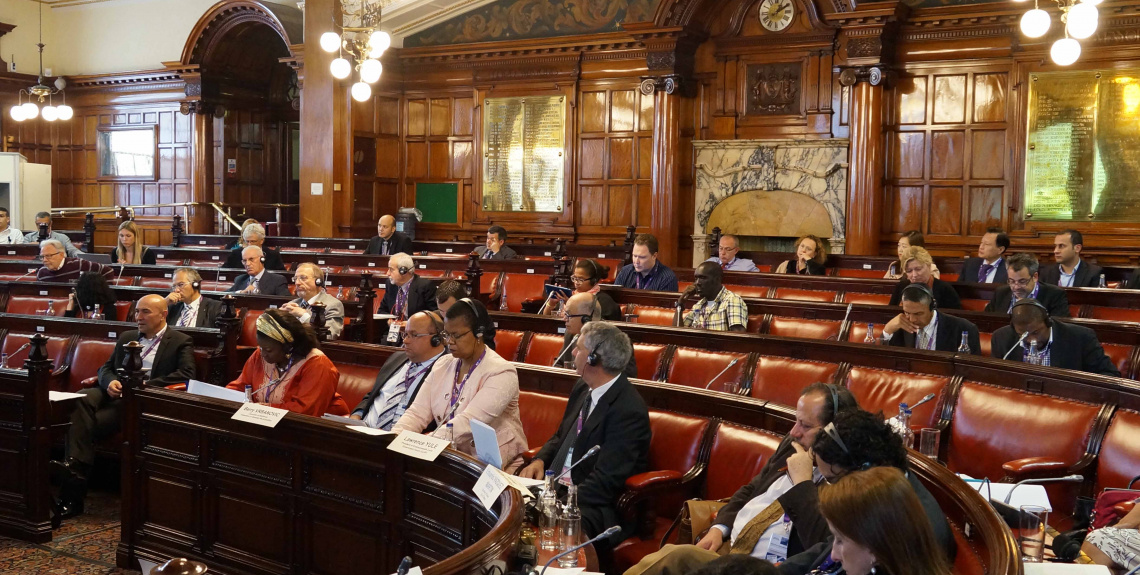Global Consultation on Localizing the Post-2015 Agenda
Representatives of sub-national authorities from across the world called for local ownership of the post-2015 development agenda at a meeting in Liverpool on the 17th of June. The meeting was part of the ongoing consultations on ‘localizing the post-2015 agenda’, which are being co-led by UNDP, UN-Habitat, and the Global Taskforce of Local and Regional Governments for post-2015.
A number of participants admitted that the Millennium Development Goals had never been mentioned in their council chambers. Despite this, it was pointed out that sub-national governments are already working on the ‘implementation’ of many of the MDGs and of the likely focus areas of the Post-2015 Agenda. Richard Kemp, Councillor of the host city of Liverpool (UK), explained that, while local leaders often see international development goals as distant products of the United Nations, in fact at least 12 of the potential new Sustainable Development Goals are related to challenges faced by Liverpool City Council.
A core challenge for the Post-2015 Agenda, therefore, will be to help local leaders to identify and communicate the links between their work on the ground and international goals targets. Participants in the consultation agreed that if local leaders are able to see the post-2015 agenda as a reflection of their own priorities, they will take on the international agenda as their own. Roland Schäfer, Mayor of Bergkamen (Germany), identified a potential role for international networks of local governments, such as UCLG, here in communicating the international agenda to their members and helping them to ‘operationalize’ the goals and targets.
In addition to improved communication of the international agenda, participants also called for increased financing for development at local level, continued international cooperation between sub-national governments, the tackling of corruption, and a greater acknowledgement of the role of local culture in development. Célestine Ketcha Courtès, Mayor of Bangangté, Cameroon, pointed out that insufficient consultation with local governments leads to a waste of resources tackling issues that are not local priorities.
Local economic development was identified as a priority area by local government representatives from Africa and Asia. Nomveliso Nyukwana, Mayor of Emalahleni Municipality (South Africa) emphasized the challenge of generating employment, especially for women and vulnerable groups. She called for policies to boost local production and attract and retain skilled workers.
The results of this consultation, along with inputs from national, regional and global consultations being held across the world from May to July 2014, will be presented to UN Secretary General Ban Ki Moon, and be considered by the UN General Assembly as part of the development of the Post-2015 Development Agenda.
Contributions to the ‘Localizing the 2015 Agenda’ Consultation can also be made through the e-discussions on the consultation page of the World We Want platform until July.
 Follow the debate on Twitter using the hashtag: #localizing2015
Follow the debate on Twitter using the hashtag: #localizing2015
For more info read the concept note of the policy dialogue of Localizing the Post-2015 Agenda.
Source: UCLG



